Dropshipping vs. Amazon FBA: Which One Brings You Higher Profits
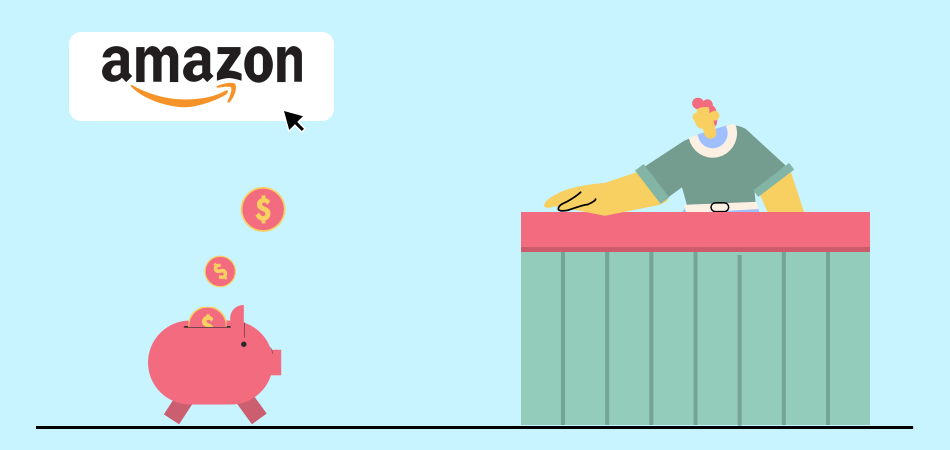
Dropshipping and Amazon FBA were both game-changers for business models, and both strategies are now widely considered options for new start-ups. You know your eCommerce business needs a certain approach, but how do you decide which is best for you?
Making an informed decision and ensuring your business is profitable and successful requires you to have the answers to several essential questions.
You are considering starting an eCommerce business, but you're not sure which route to take. The following information will help you make an informed decision about dropshipping vs Amazon FBA as you prepare to expand your current enterprise.
What Is Dropshipping
Dropshipping allows you to start a business on a small budget. Dropshipping suppliers provide the products, which you can sell. No inventory is purchased until a sale is made. Whenever your eCommerce store sells a dropshipped product, the dropshipper ships the product directly to your customer. You are only charged when the product is delivered.
| Get Started Now to Grow Your Online Business with the Best AliExpress Dropshipping Tool - DSers! |
Manufacturing companies or dropshipping suppliers handle warehousing and fulfillment. Furthermore, you do not have to pay for stocks upfront. When a customer pays for the stock, you pay for it. E-commerce is a great way to start small. It will cost you more to buy wholesale, so you'll have a smaller profit share.
What Is Amazon FBA
Entrepreneurs who cater to a large audience can take advantage of Amazon's FBA program. A highly scalable eCommerce business solution, it is ideal for eCommerce businesses.
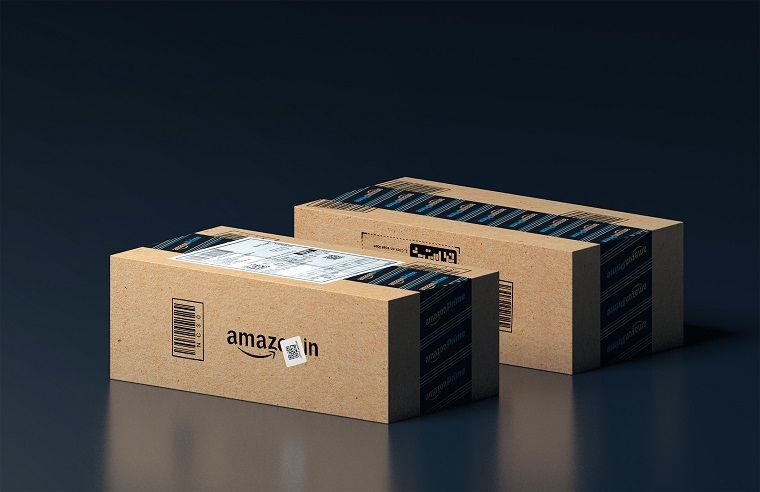
Fulfillment by Amazon is a program that provides warehousing and shipping services for your products. Amazon offers a unique approach to FBA because of its huge market for popular products. As well as Free Super Saver Shipping and Amazon Prime, these products are eligible for Amazon's shipping promotion, making FBA even more profitable.
Dropshipping - Pros and Cons
This e-commerce model is relatively low-risk, but there are some drawbacks. This is a breakdown of the benefits and disadvantages of dropshipping.
1. Minimal Up-front Investment
The initial investment is minimal and the entry barrier is low. Dropshipping does not require you to purchase inventory or set up a storefront. Setting up an online store, ordering a few samples to find the right supplier, and paying for marketing are the only costs involved.
2. Minimal Risk
Investing time in marketing a product that doesn't sell is the only risk involved. Your garage won't hold hundreds of unsold products and you won't have to pay storage fees.
3. Flexibility
It's easier to test out new products without having to purchase inventory. There is no need to carry inventory when you list a wide range of products. Getting rid of a product and trying a different one is easy if it doesn't sell.
In traditional e-commerce and Amazon FBA, you would need to expand your inventory to offer more products.
4. Stream of Passive Income
To succeed in business, you must put in dedication and effort. You can make money while you sleep when your dropshipping store is up and running.
The fulfillment will be handled by the supplier. We handle all the packing, inventory management, and shipping for you. Choosing the right supplier can help you generate passive income from dropshipping.
5. Enhanced Cash Flow
Some of new businesses fail because of insufficient cash flow. When a business owner runs a traditional retail or e-commerce store, he must first buy products to sell them. Until the products are sold, the capital is tied up.
The advantage of dropshipping is that you don't have to keep inventory on hand. Your supplier will only be paid if you make a sale, so investing in marketing will grow your business.
6. You Can Work Anywhere
You can work from anywhere with an internet connection as long as your supplier is handling order fulfillment. If you use a laptop, you can run your store remotely.
1. Margin Profits
Dropshipping has a lower profit margin than other e-commerce businesses. A lower cost per item and a higher profit per sale can be achieved when you bulk buy hundreds of products at once.
Using dropshipping, you buy products one at a time as orders come in. If you become too expensive, you may lose sales. You can increase your margins by raising your prices.
2. High Levels of Competition
Dropshipping has the advantage of low entry barriers. There is, however, a lot of competition because of this.
You'll always find dropshipping competitors selling similar products in your niche. For your business to succeed, you need to stand out from the competition.
3. Lack of Control
For dropshipping, finding a reliable supplier is crucial. You have very little control over the quality of the products you sell since they are sent directly from the supplier to the customer.
Your brand and store's reputation depend on your supplier. If you order a sample product before you list a product in your store, you will minimize the risk.
4. An Uncoordinated Supply Chain
Your customers' orders will often arrive in separate packages if you sell a variety of products from different suppliers. The shipping costs for your customers will therefore be higher.
Amazon FBA - Pros and Cons
Nine out of ten online shoppers check Amazon prices before making a purchase. A profitable place to sell online is Amazon, which is the biggest name in e-commerce. For FBA sellers, however, there are some significant challenges. The business model isn't suitable for everyone.
Here are the pros and cons of Amazon FBA.
1. Reach a Large Audience
You can instantly start selling on Amazon due to its huge customer base. Your products can be seen by a large audience of potential customers. Your customer base needs to be built up from scratch when dropshipping.
2. An Increase in Profits
On each product you sell, you will earn a larger profit margin. With FBA, you must purchase products in bulk up front, but that also means you can negotiate discounts with suppliers and earn more per sale.
3. Management of Customer Service and Returns
Packages are packed, shipped, and returned by Amazon FBA. As a result, you won't have to deal with returns or refunds - all of them are handled by FBA.
4. Quick Delivery
Amazon Prime members receive free delivery on FBA products. Due to this, your customers will receive fast delivery at no additional cost to you. In dropshipping, many suppliers are located in China, and delivery can take up to 7 days.
5. Enhance Consumer Trust
Amazon is a well-known brand among consumers. The company offers a variety of trusted products for online shopping. When you join Amazon's FBA program, your product listings will immediately be marked as "Fulfilled by Amazon.".
Consumer trust and conversions will be affected by this. Shoppers are more likely to trust you and click "Buy now" if they trust you.
1. No Inventory Records
Sadly, you will have unsold products accumulating. You might not be able to keep a proper record of your stock if the stock grows too large.
2. Strong Competition
FBA is without a doubt a healthy competition for Amazon. FBA will not be your only source of profit. Your business will not be the only one selling the same products. Competing with seasoned entrepreneurs may prove challenging.
3. No Guarantee of Profit
It is unlikely that every product you sell will result in profits for you, so you have to be careful when developing the product mix that you wish to sell.
4. Shipment Issues
Amazon can't deliver flammable products under its FBA program.
5. Ignorance of Dependence
Your store will be removed from Amazon's platform if its regulations change. Everything you have worked for will be wasted.
6. Not Direct Customer Contact
Unfortunately, Amazon holds the entire record of your clientele and you don't. Wouldn't it be great if you could sell the same products to the same customers down the road? Whoops! Unfortunately, you can't do that because you are too dependent on Amazon.
Differences between Dropshipping and Amazon FBA
According to these descriptions, Amazon FBA and dropshipping seem very similar, don't they? They are both remote methods for ensuring that your customers receive reliable and efficient service.
Dropshippers act as the middleman between you (the retailer) and your customers. The responsibility for processing orders, handling payments, answering customer queries, and handling refunds and returns lies with you. You will not be responsible for storing or packing your products.
You will not own your products as such because your dropshipper owns your products until the order is placed and then your customer owns them once they are dispatched! The product will never be handled by you - unless, of course, you need to return it.
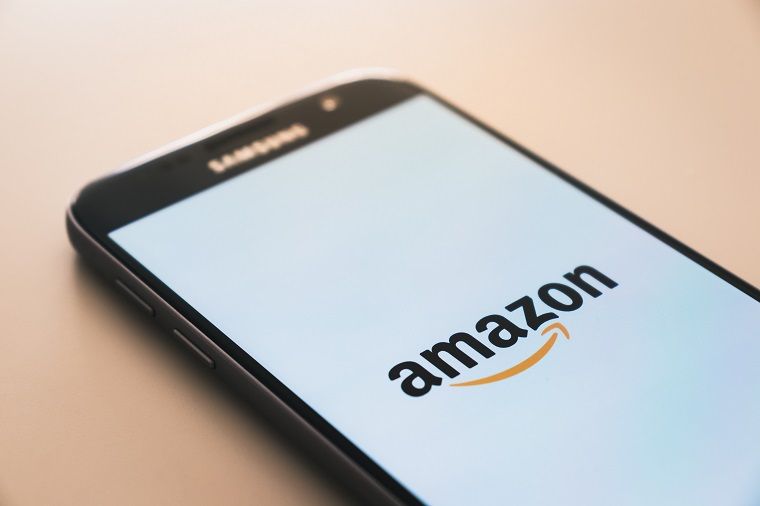
Amazon FBA offers all these benefits as well, but they'll also handle returns, refunds, and all your customer service. The product will not be handled when it comes to orders and dispatch, but you will be responsible for sourcing and shipping the product to one of Amazon's warehouses.
The difference between dropshipping and Amazon FBA seems to be relatively minor, so let's examine the pros and cons of Amazon FBA vs dropshipping since this is where some important differences come into play.
Dropshipping Vs. Amazon FBA: Which Is Right for My Business
You have seen that both options have pros and cons. Both Amazon FBA and Dropshipping have many similarities, but choosing one over the other is not going to be a simple decision. Both options will require your attention and effort.
Taking into account your individual and business circumstances is important. In the early stages of your eCommerce business, dropshipping offers a very low-risk model that doesn't require an initial investment.
| Get Started Now to Grow Your Online Business with the Best AliExpress Dropshipping Tool - DSers! |
This is highly appealing if you do not have the funds available, and you can easily promote your chosen products on a variety of platforms, including Shopify as a low-risk and low investment start-up. Doing business this way is relatively simple when you set up a dropshipping account.
You may want to consider dropshipping if you're not a risk-taker and want to sample an eCommerce business.
Amazon FBA and the considerable leverage you'll gain through Amazon's existing audience is an absolute win for those with capital and who are more willing to take risks.
If you are already in an eCommerce business and want to scale, Amazon FBA might be a good option to consider. It does require a decent amount of investment, which, of course, does not guarantee success. Due to Amazon FBA's nature, you can concentrate on marketing your products and business.
In either case, you won't have full control over every aspect of your business venture. As a dropshipper, you will be subject to Amazon FBA's rules and regulations along with tiny profit margins.
Bottom Line
Making the right decision isn't easy. The decision between Amazon FBA and dropshipping will ultimately depend on how much investment you can make and how much risk you are willing to take.
A dropshipping business is your best bet if you wish to save money and avoid larger risks. Dropshipping and FBA are also options you can choose to start your eCommerce business, but they can be a bit complex.
Furthermore, dropshipping seems to be a good choice if you are looking to start an eCommerce store simply because the investment is lower and the risks are lower.




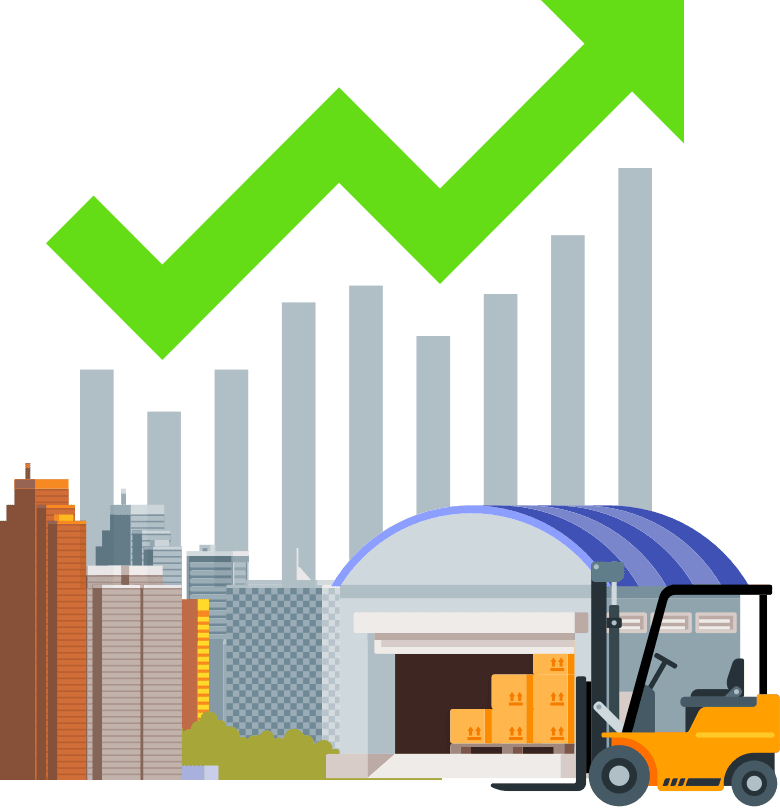
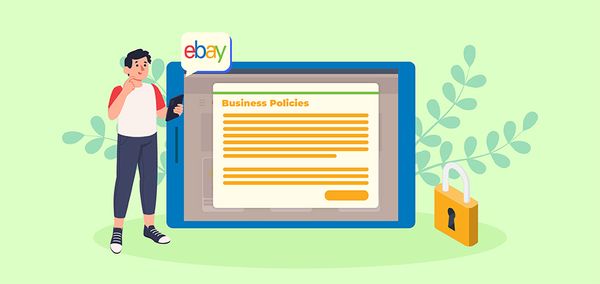
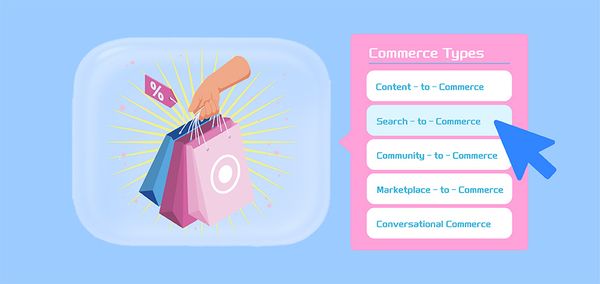
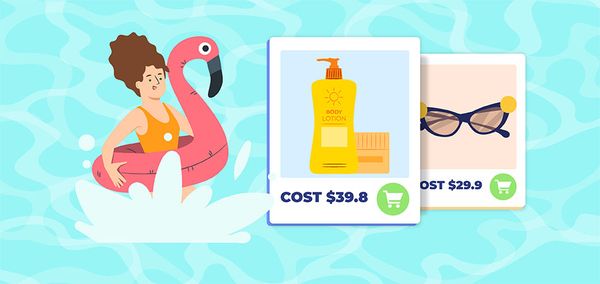





 Company
Company
 Why Choose DSers
Why Choose DSers
 Blog
Blog
 Help Center
Help Center




 Live Chat
Live Chat